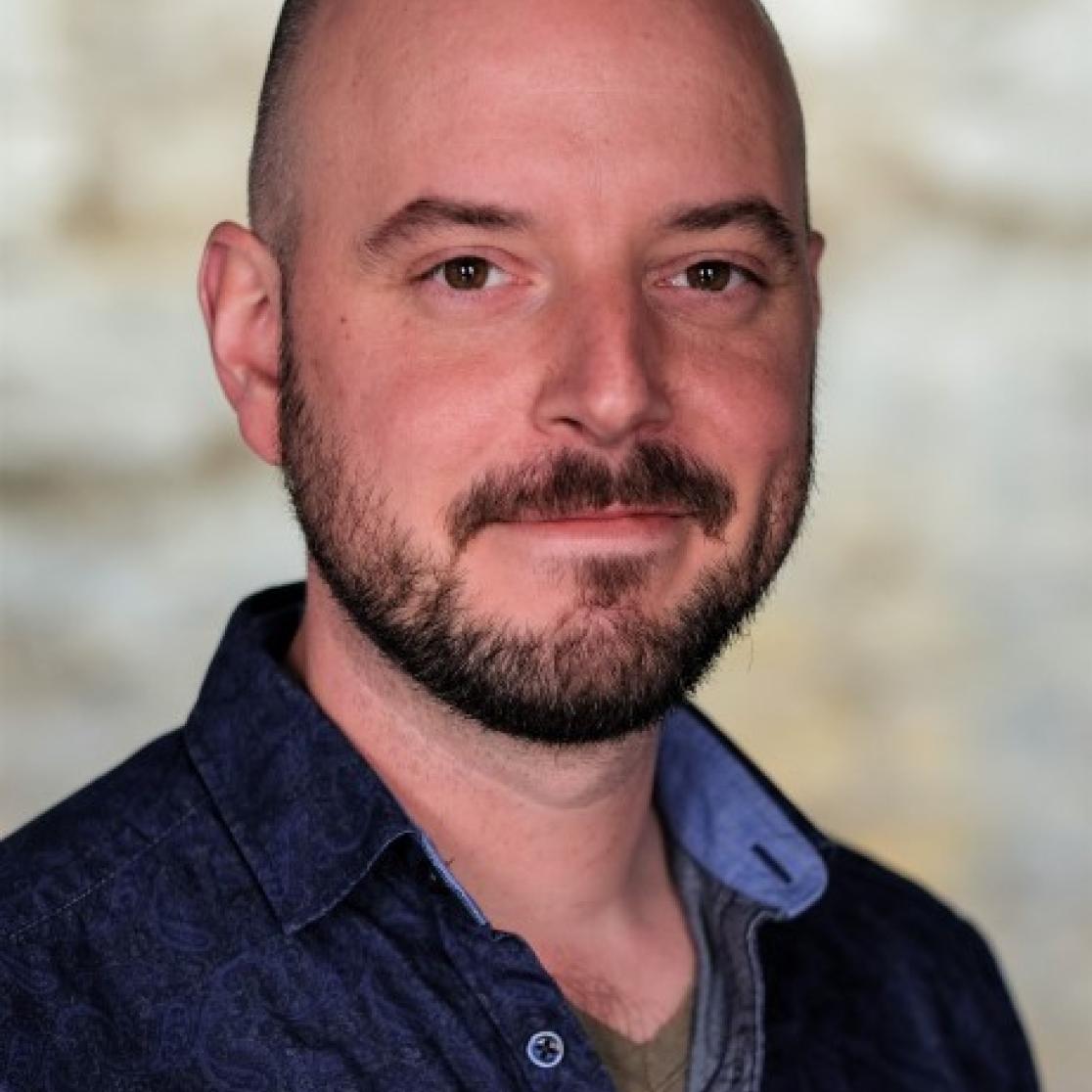Past D&I grant winners
UM SPORTS for Every Body
This project aims to promote body diversity and inclusivity within the UM SPORTS environment so everybody – regardless of weight, age, gender expression, ethnicity, ability, and other characteristics – feels welcome to engage in physical activity in order to help students and staff to thrive by contributing to their health and well-being.
In Phase 1, we will gather quantitative and qualitative data concerning the current perception of the UM SPORTS environment with respect to body diversity and inclusivity via various methods, such as surveys and focus groups among members and instructors concerning their perceptions of diversity and inclusivity within the UM SPORTS environment, and their own characteristics (e.g., weight ethnicity), and via analysis of UM SPORTS promotional materials and facilities.
In Phase 2, we will implement theory- and evidence-based strategies to enhance body diversity and inclusivity at UM SPORTS. These strategies will be (i) tailored based on the Phase 1 data, (ii) derived from the multiple disciplines of the Project Team, and (iii) target the multiple “levels” of the issue (e.g., facilities, promotional materials, language used by instructors, etc.). Contact us!
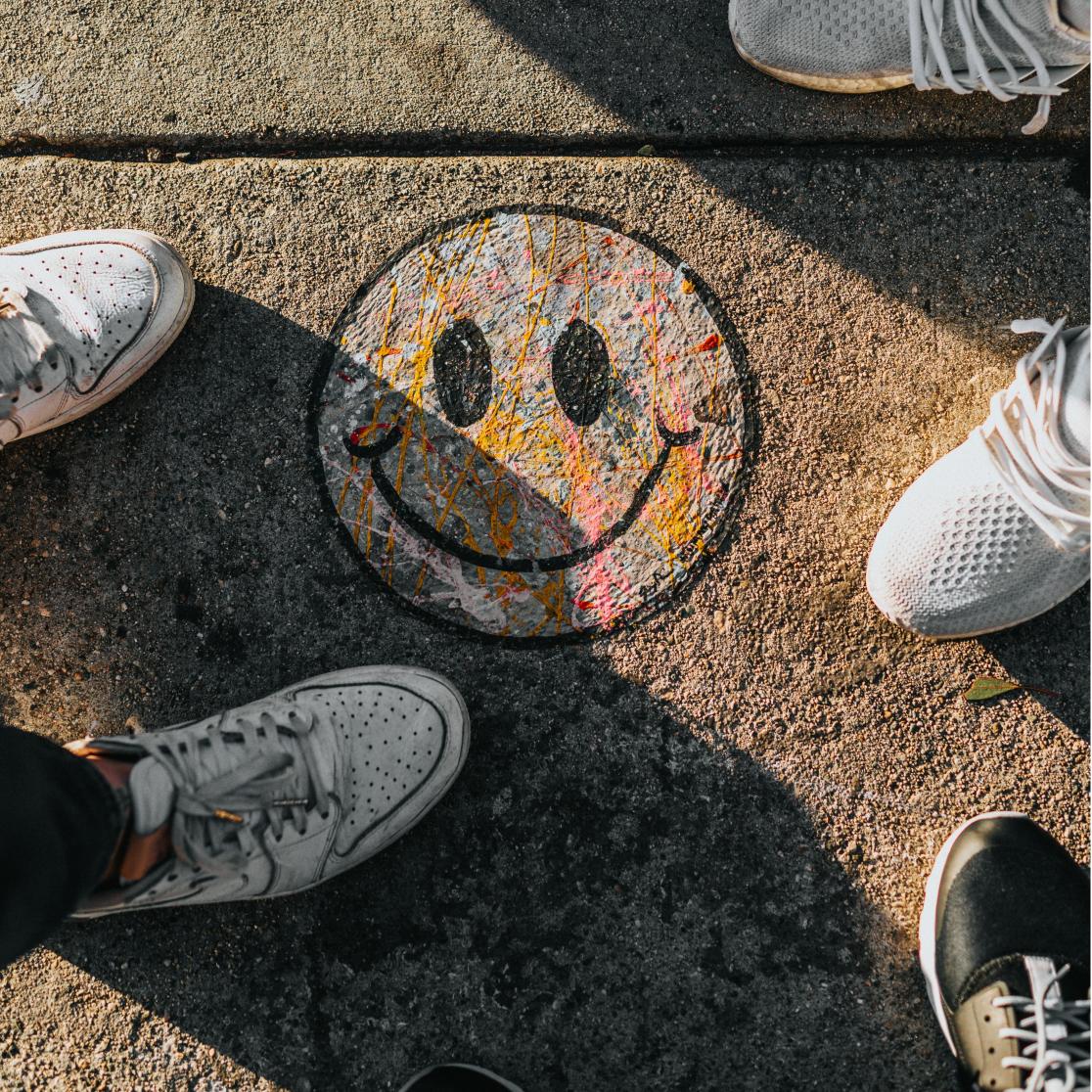
Maastricht University meets Wiekentschool
Not all children are stimulated by their environment to discover their talents and possibilities. Very often, the parents of these children did not enjoy any higher education, which would make their children first-generation students. Wiekentschool Maastricht (foundation) helps these children to think about their future and do well at school. Maastricht University has the opportunity to participate in the Wiekentschool, and introduce children at an early age (and approachable manner) to the university. In the long run this will lead to an increase of students with a different social level and background and/or first generation students.
Our project will introduce children (with this background) at an early age with the possibility of studying at a university, and help them to discover their talents. By involving current ‘UM first-generation students’, we want to inspire them to step out of their familiar environment.
In the short-term, this will raise the awareness on this topic amongst staff and students. We can show the public that we as a university care about this vulnerable group, and feel it’s important to include them in our student population. In the long run this will lead to an increase of first-generation students, or students from a lower socio-economic class. Contact us!
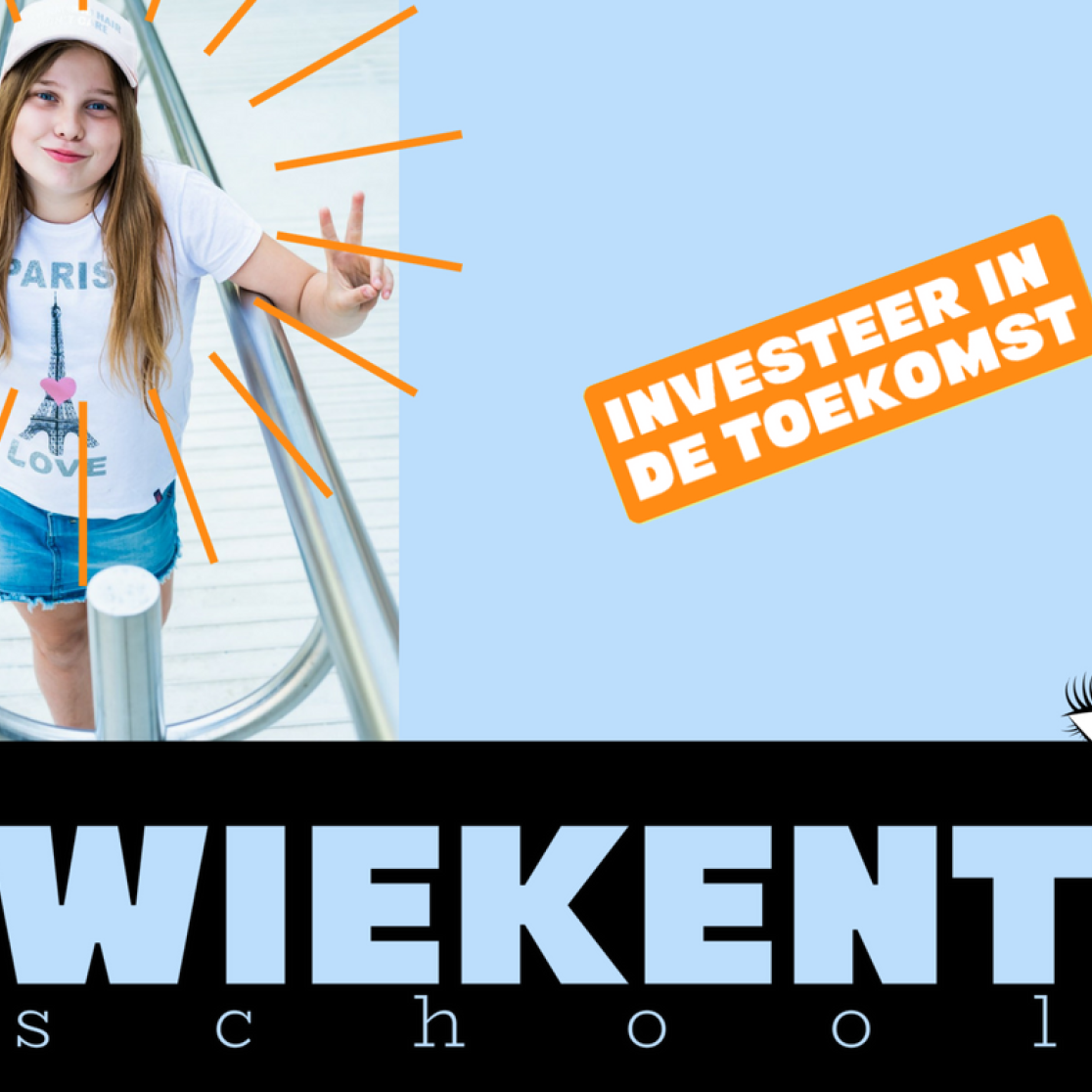
Internationalisation … For Whom?
The issue of internationalisation of UM is being portrayed as negative by the media, and has been brought up to the level of legal debate. How does this affect students, staff, and the university? What do they think about it?
The purpose of the project is, therefore, to understand student voices on this topic by organizing a conference with and for students. The focus is primarily placed on Dutch students. However, the larger picture will include international students as well. Moreover, we aim to gather a database of information that branches out from the topic of internationalisation. For example, the perceived influence of higher education and the Dutch identity, and policies regarding language in UM. Furthermore, considering the geographical location of UM, it is natural that it has flourished under the international pool of students and staff - what is the balance that UM should have in regards to internationalisation? These are some of the questions and issues we are aiming to answer. Contact us!
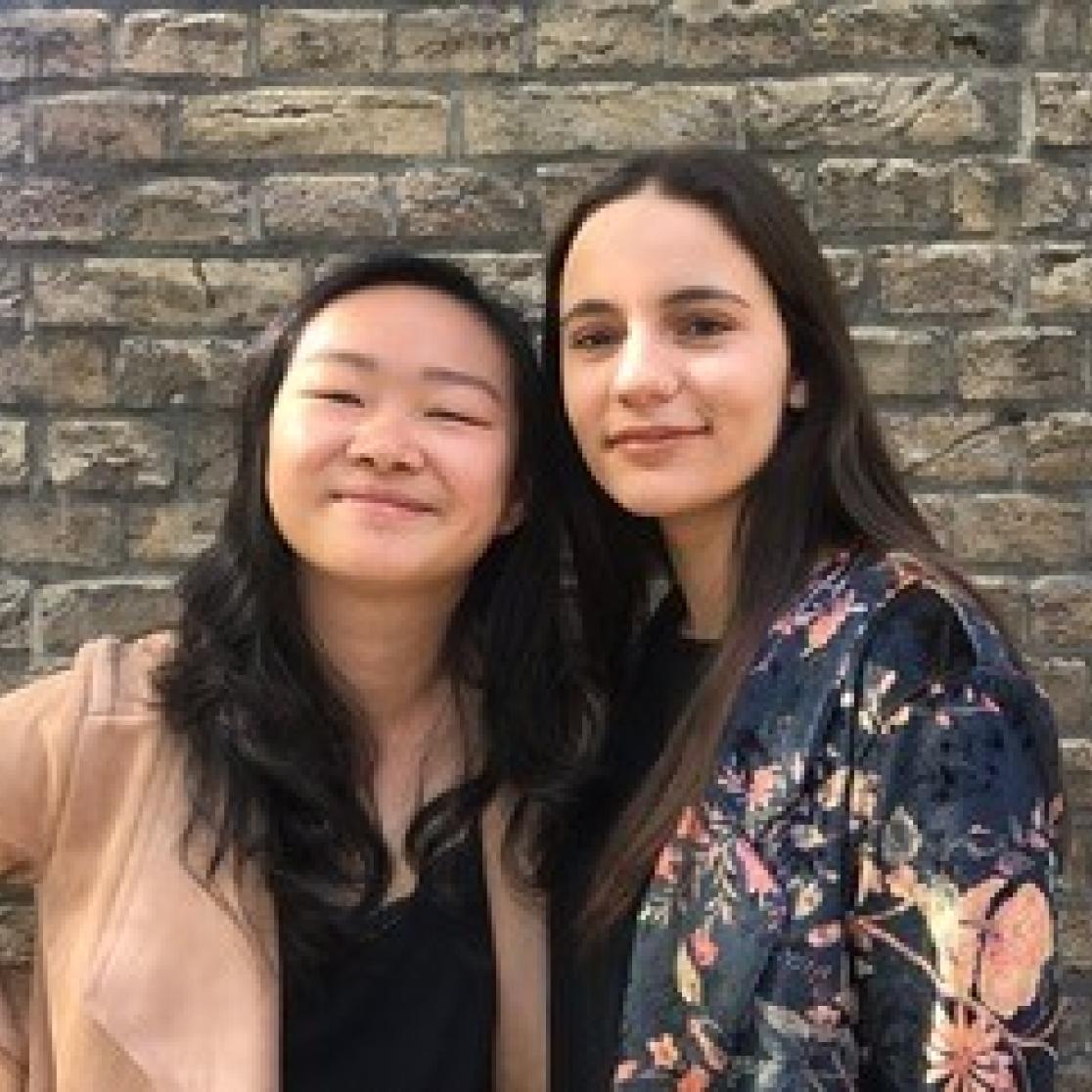
Entrepreneurial Thinking for Female Researchers
The activities of this project aim at building bridges between female researchers and the labour market. According to the latest 2017 International Labour Organisation survey, women are still less likely to find jobs than men. On top of that, for early career researchers, it is difficult to make plans for post-PhD work life due to the lack of certainty in the academic job market. Through a series of skillfully designed workshops on entrepreneurial thinking for female researchers, this project will show its recipients how to use their talents and experience to identify opportunities in the marketplace and understand how and when to capitalize on them. The series of 6 workshops on “Entrepreneurial Thinking for Female Researchers” will take place between November 2018 and June 2019 and will host 120 participants in total. As result, it will help female researchers become more competitive on the labour market through learning how to design their own digital footprint, to pitch their research results and how to transfer their experience from PhD/post-doc into generic skills. Contact us!
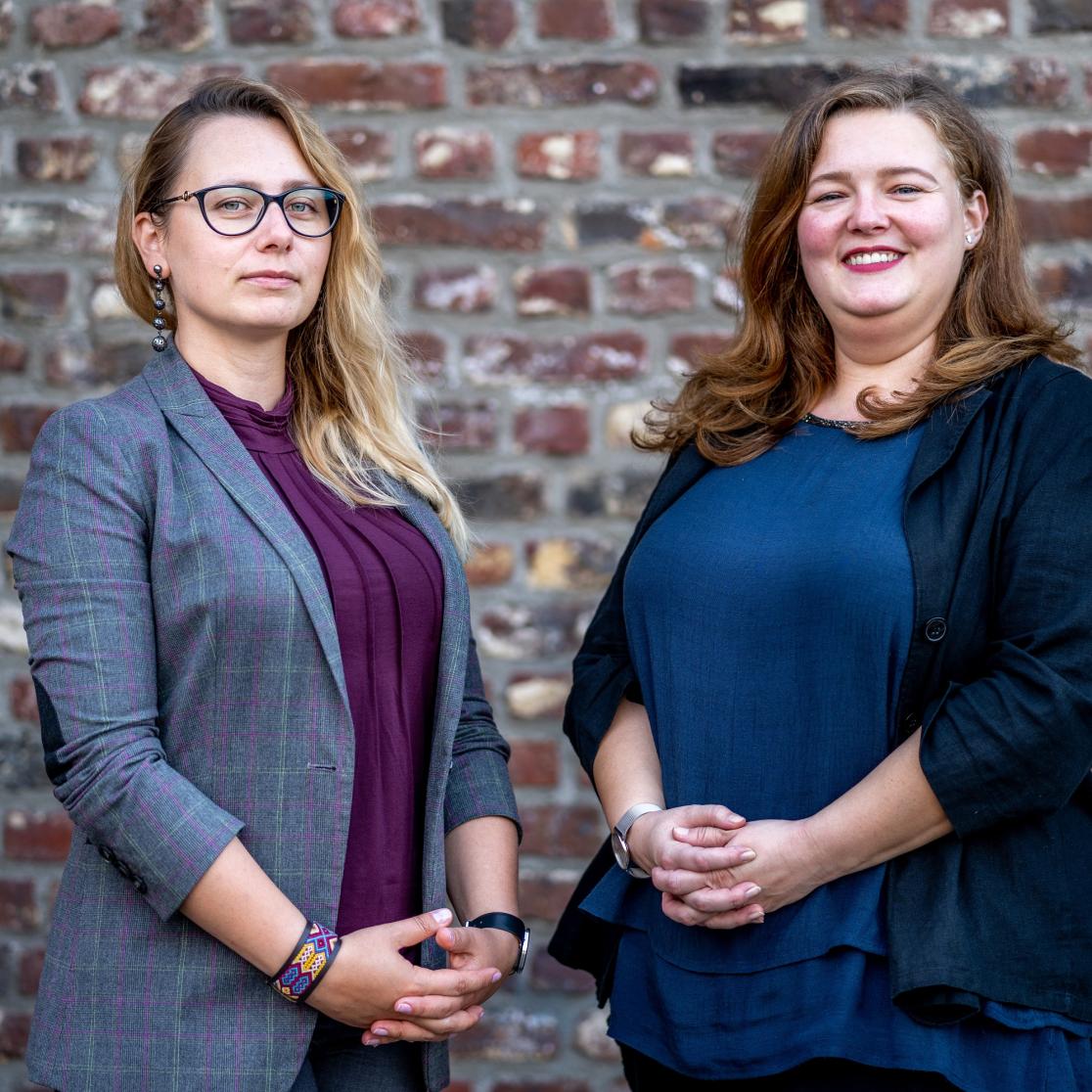
Empowerment Training for People of Colour and People with a Migration Background
In this initiative we contribute to creating a safe and inclusive university environment in which both staff and students of color can feel at home. Within academic discussions on racism in Europe, a salient point made, is that racism is not sufficiently acknowledged as a problem that is central to the structure of our societies. It tends to be acknowledged rather as a problem of a segment of society, i.e. extremists, populists, and conservatives. Subtle and everyday forms of racism, however, are not recognized as part of the underlying fabric that constitutes Western societies in general. The central questions guiding the empowerment training will be: how can the participants achieve their personal goals despite their everyday experiences with subtle racism? How can they lead a constructive life and what can they do to reduce racism?
The intensive and small scale training will be open to staff and students of color and/or staff and students with a migration background UM wide. The duration of the training will be approximately two and half days and it will be based on dialogs, group discussions and role plays including videos and other material. There will be an emphasis on the different experiences in the group due to a variety of cultural and ethnic backgrounds, but there will also be discussions on how the experiences of the group members are the same, such as experiences with racism in Europe. Contact us!
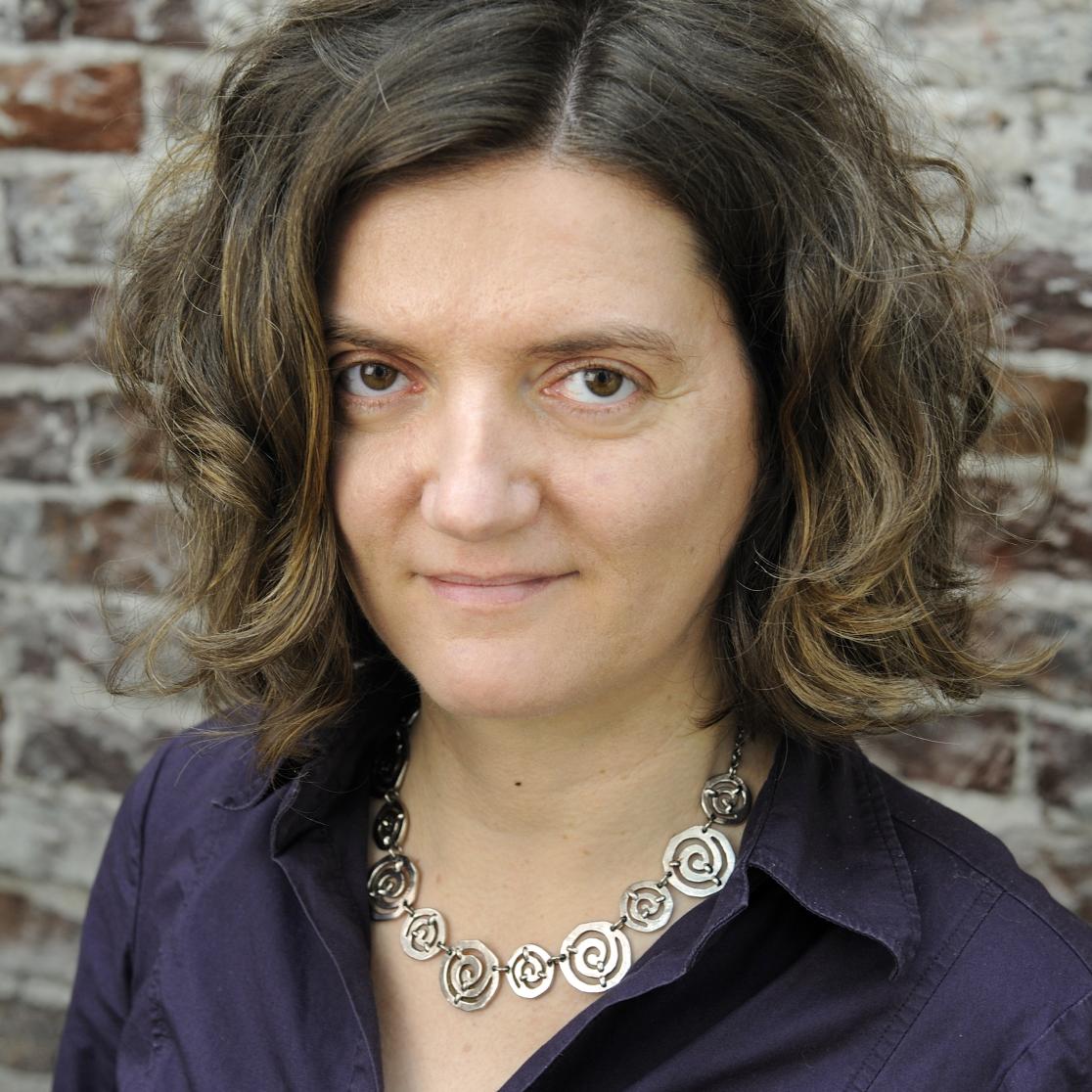
People@UM
The keyword of the project is Empathy. People@UM is not only about people having sympathy with each other, but that they open up for ideas and meanings of other people. The sharing of thoughts, experiences and knowledge is the thread of this project. It is about unexpected encounters. People listening to each other and talk with each other. This stimulates people who study, do research and work at UM and improve their results. Because of the mutual understanding, the people of UM will feel that they are part of the UM. Being different makes them special and proud.
One of the focus points of the D&I Policy of the UM is to create an inclusive community. In this project called “People@UM” we focus on diversity. People@UM is a project in which students, researchers, staff, alumni and other people connected to UM can meet and actively learn each other better. The project provides different events and activities, pinpointing on the diversity of the UM-people (and their surroundings). Diversity-elements that can connect individuals and groups are gender, ethnicity, nationality, age, religion, LGBT, occupational disability or chronic illness and social status. Contact us!
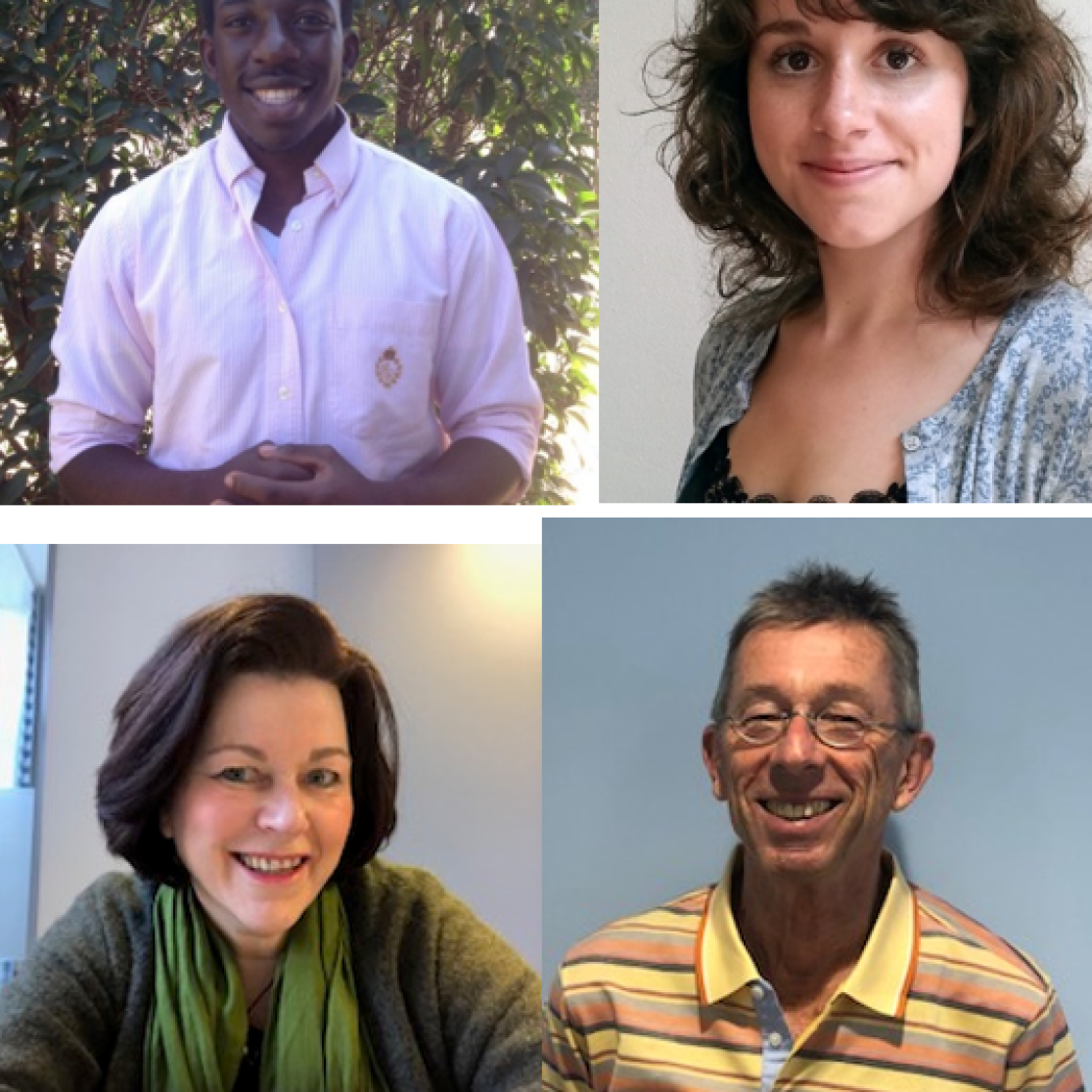
Babel’s Salon
The project Babel’s Salon aims to overcome these limits by organizing a series of cultural evenings at FASoS during which students, faculty and administrative staff present or perform their favorite cultural items such as poems, stories, songs, music (including records) or visual art in their native language, providing a translation in another format. The aims behind these events are to celebrate the diversity of native languages, to experience each other’s voices in these languages (which may be quite different from what we are used to), to bring students, administrative staff and faculty together, to learn about each other’s culture, and to meet and socialize with each other in a different context than work or teaching.
Hopefully, this contributes to “an inclusive environment in which students and staff feel at home,” one of the goals behind the Diversity and Inclusion program. This project also responds to the recent attacks on the UM language strategy by showing that internationalization is not just about exchange through a lingua franca, but also about celebrating the richness of language diversity. Contact us!
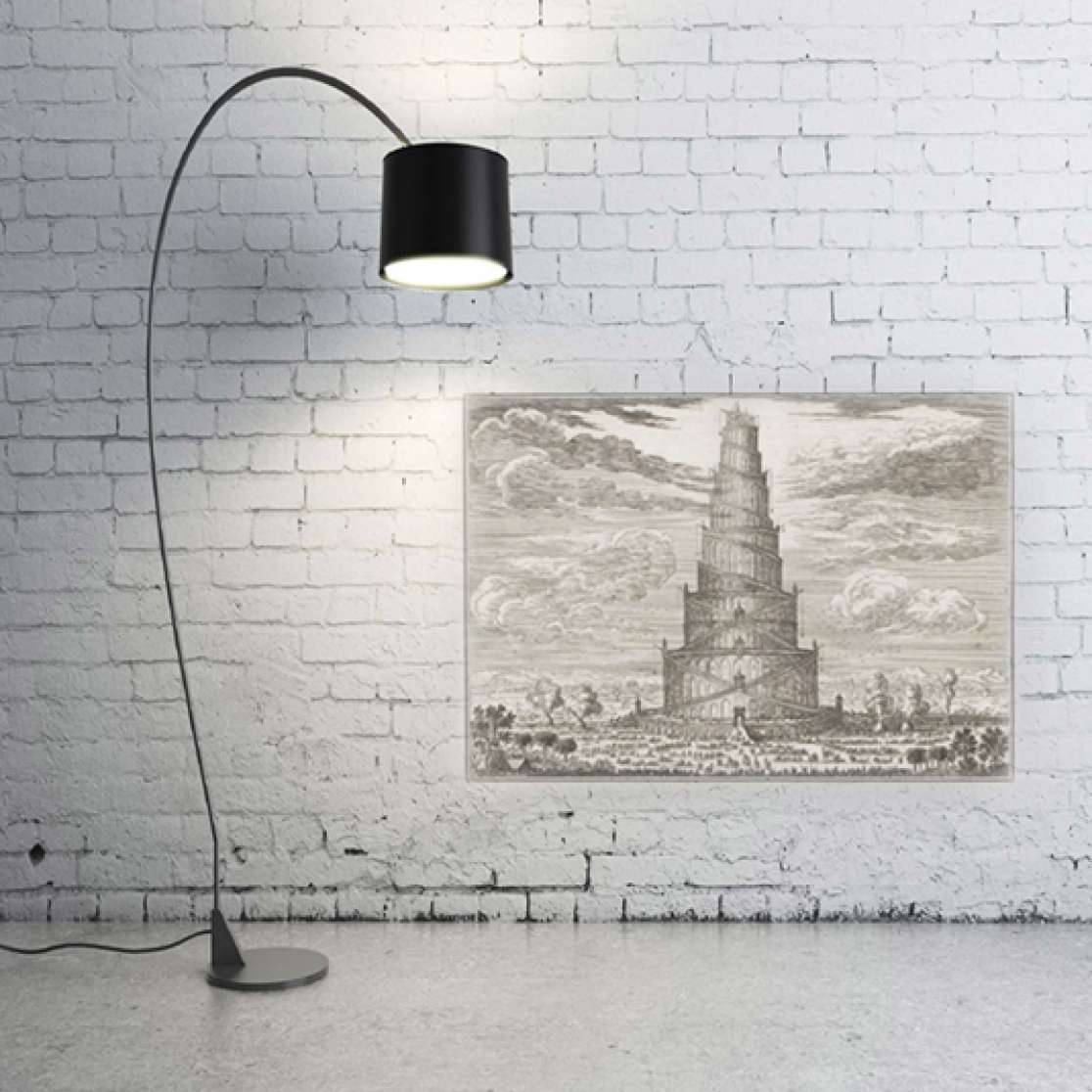
UM Heritage
Maastricht University proudly ranks as the most international of the young universities in the Netherlands. People come here from a vast variety of different backgrounds, cultures, upbringings and education. However, the more diverse a place becomes the more difficult it is to learn about individual backgrounds of every person - unique stories become blurred in a collective.
The project #UMheritage showcases people’s individual stories of where they come from and the journey that led them to arrive in Maastricht by creating an emotionally engaging video campaign. The aim of the project is twofold. Firstly, it aims to showcase that UM cares about the diverse background of its students and not only welcomes but wants to understand their heritage. By using the campaign as an Open Call for other stories, it aims to involve current students, staff and alumni in submitting their own story from their country of origin. Secondly, the campaign aims to encourage storytelling in the classroom through different mediums by acting as an example of how important it is to be thinking and talking about culture and differences.
Diversity and internationalization are not mere numbers and rankings but real stories of people studying at UM. People with whom you meet, work and socialize while living in Maastricht. By presenting personal stories of students with different backgrounds through storytelling, it allows staff and students to see and embrace different cultures. In summer 2019 we travelled to three countries to tell a story of three students respectively. The countries were Bulgaria, Cyprus and South Korea and the result was three short documentary travel videos. You can see a teaser video here.
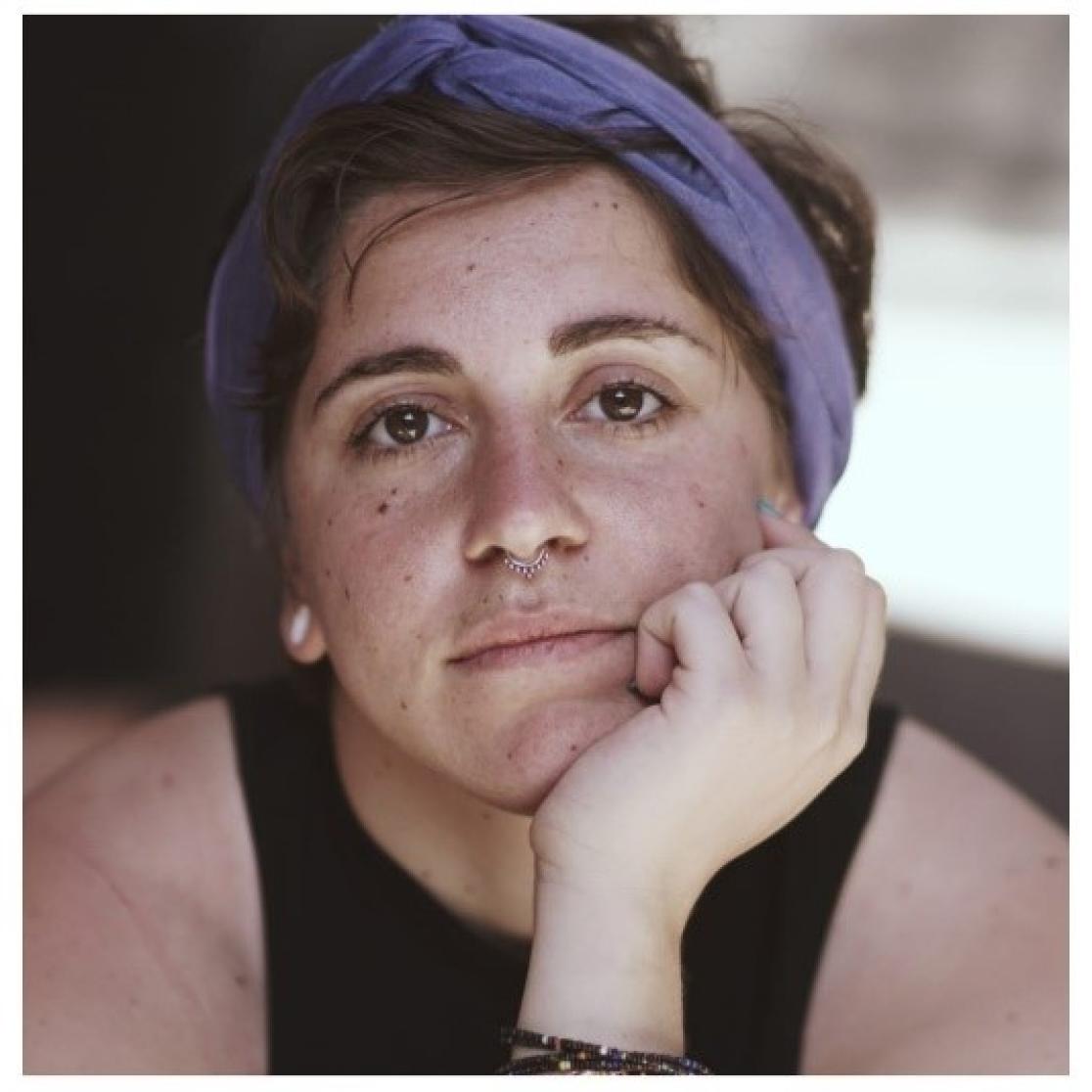
Transitioning into retirement
At its first Diversity Day, UM became an official partner in the Age-friendly University (AFU) Global Network. The aim of this project is to help fleshing out what AFU’s 9th principle, “To engage actively with the university’s own retired community,” could/should entail. We will examine how academic staff at Maastricht University experiences the transition from work into retirement through qualitative interviewing; this transition is commonly understood as a major event in the life course that prompts older people to reinvent roles and identities. Insights in the core issues that characterize these experiences will help UM further develop policies that support academic staff that is approaching retirement age as well as build and capitalize on more sustainable relations with this particular community beyond employment. Questions that we address in this respect and that tie in with UM D&I policy include: What about the talent, competence, and experience of academic staff who has/had to leave because of retirement? How can we support this particular community and benefit from it?
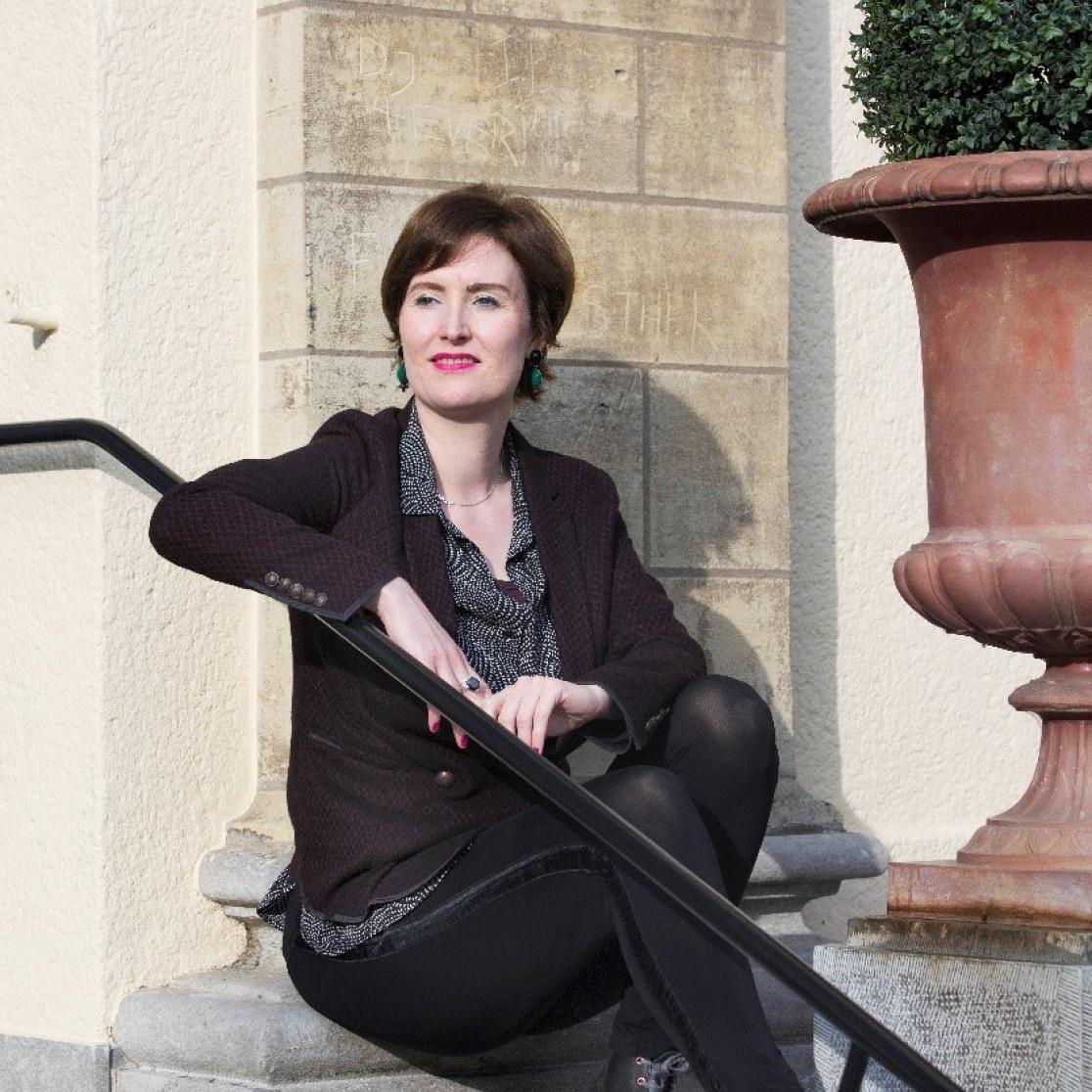
Women in Data Science
The activities of this project focus on organizing the Women in Data Science conference at Maastricht University. Started in Stanford University, the Women in Data Science (WiDS) conference is aimed at inspiring and educating data scientists worldwide, regardless of gender, and supporting women in the field. WiDS is now a global conference, with 150+ regional events worldwide. WiDS features outstanding women data scientist to both inspire and disseminate knowledge.
WiDS@Maastricht is organized in the same month of the annual Global Women in Data Science (WiDS) Conference held at Stanford University and in several locations worldwide (March 2020). All genders are invited to attend our WiDS event.
Do you want to be part of it? Then contact us. This event is organised by the Institute of Data Science UM, represented by Visara Urovi (v.urovi@maastrichtuniversity.nl) and the PREMIUM Excellence Program for Master students.
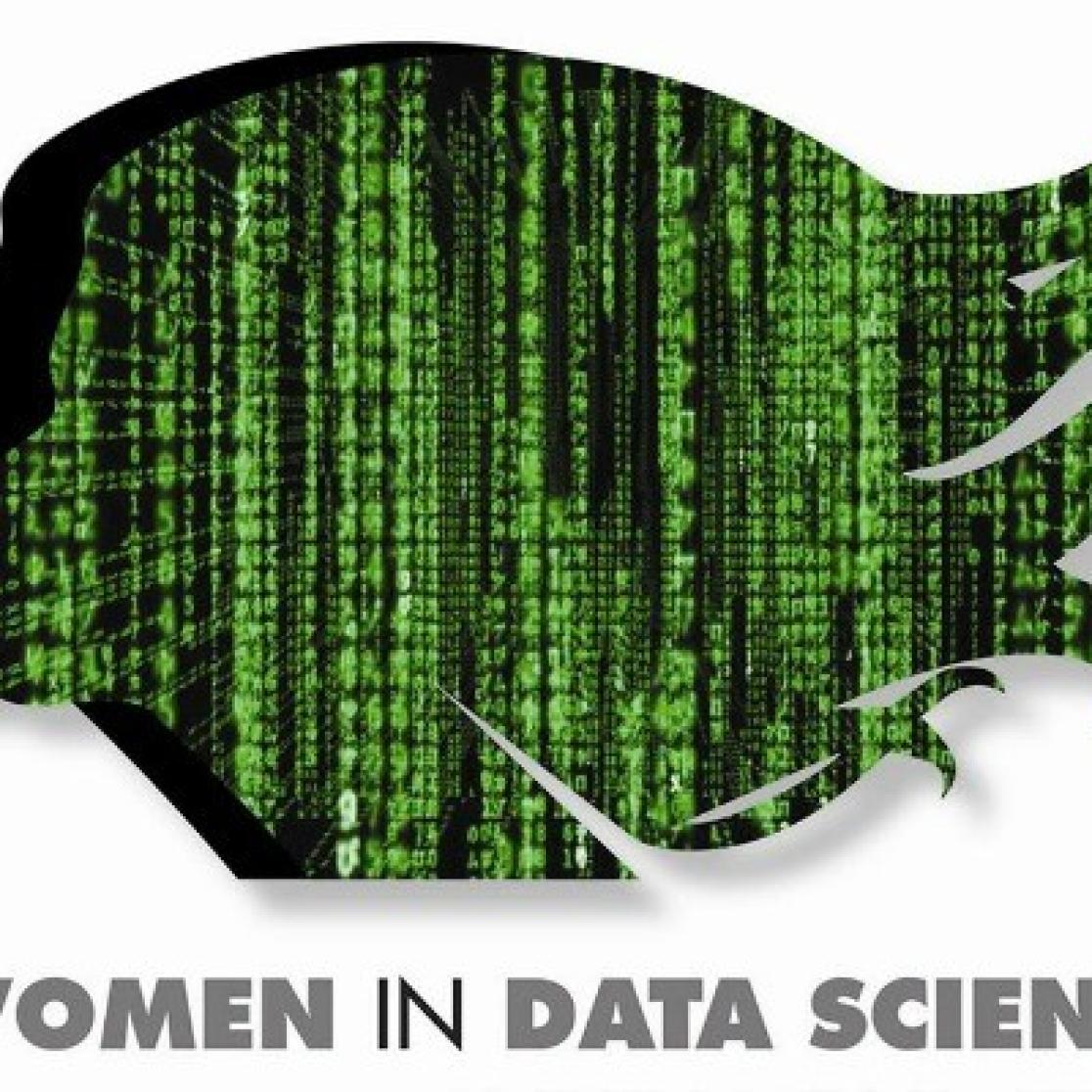
High School Summer College
In August 2018 we offered for the first time a High School Summer College where high school pupils could get a taste of academic life and problem based learning. Professor Bert Smeets (FHML) is the mind behind the course content and Ellen Krijnen (MUO-M&C) is responsible for communication and logistics of the course. We realised that the course fee of € 250 might be an obstacle for pupils whose parents do not have the means and/or cannot understand the value of such an experience. Especially in the case of first-generation-students an experience like this summer college might be of great effect for their future choices.
With these kids in mind we submitted a proposal for the D&I grant to offer 12 high school pupils from the Euregion (4 German, 4 Belgian and 4 Dutch) a waiver for the High School Summer College course fee and refund their travel cost. We were extremely happy to be among the winners of the grant and recruited the targeted pupils through our contacts at schools and other organisations working with this age group in all three countries. 20 paying participants from all over the world took part in the High School Summer College: to meet and work with peers with different backgrounds and cultures was an unforgettable experience for all!
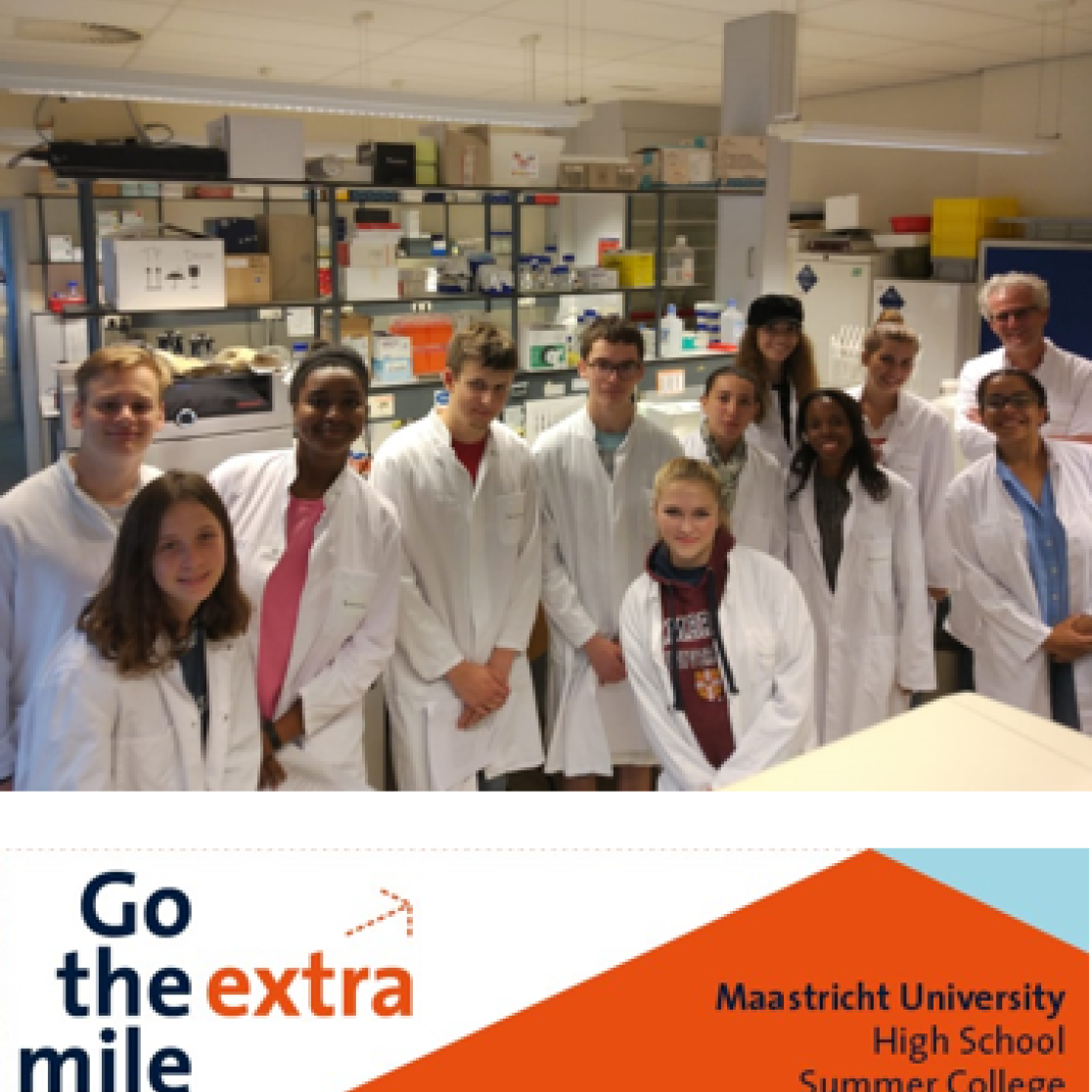
First generation academics
First-generation students are those who come from a background where they are the first in their family to enter university education. These students often encounter specific barriers during their studies, and in their later academic life. Research has shown that they often feel more insecure, and struggle with a cultural gap between their family backgrounds and university life. By exploring these barriers at UM, this project aims to open a discussion, create more understanding and self-reflection, and by doing so let both first and later generation academics make explicit use of the untapped potential and talents of first-generation academics. The project is led by Dr. Jeroen Moes.
